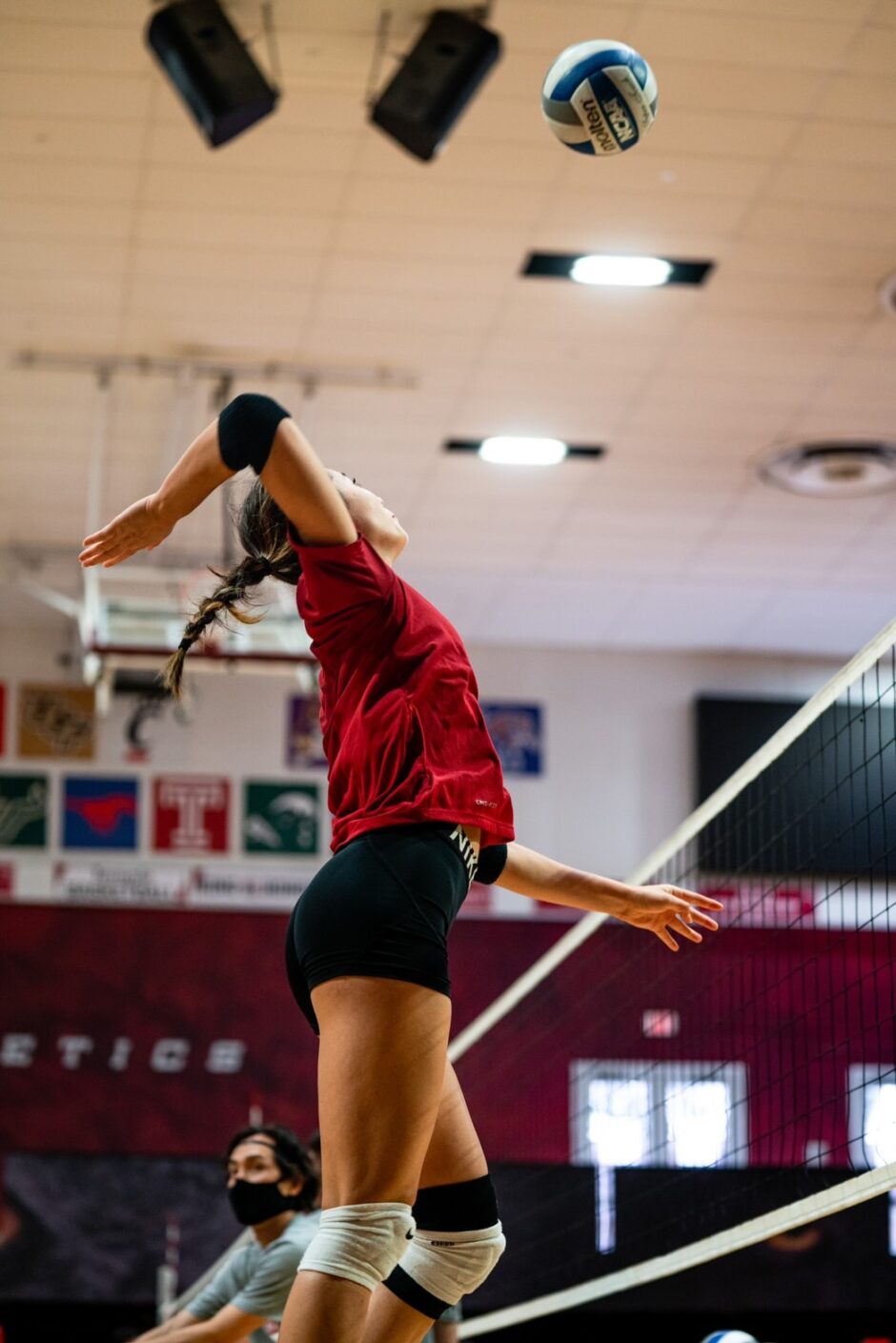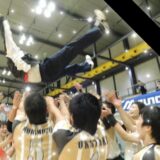Today’s English script generated by ChatGPT
Hey there, everyone! It’s Keisuke, bringing you those winning smiles on Thumbs Up Smile!
Today, I’m going to dive into something really exciting – my experience in the world of American volleyball! But before I get started, let me quickly introduce myself. I wear many hats, from being a professional volleyball coach and data analyst to a radio personality. I’m also the head of “Volleyball Analysts Tactical Academy VATA” an online salon for volleyball enthusiasts.
So, let’s get right into it! The main theme today is “The Landscape of Volleyball in America,” and it’s quite an adventure!
First up, the JOC Overseas Coaching Program. From 2019 to 2021, I had the opportunity to head to the United States. This journey was made possible by the Japanese Olympic Committee’s (JOC) initiative. It’s worth noting that the other participants in this program were experienced athletes and coaches with a background in Japan’s national teams. As for me, my background in sports science and my experience as a researcher from Waseda University played a key role in my selection for this program. But you know what was one of the most surprising lessons during my time in America? The concept of “sontaku,” or reading between the lines, is not exclusive to Japan.
When I first provided feedback to players as an analyst at Temple University in Philadelphia, I used straightforward language like, “Your digs and receives are excellent, but your blocking was a little bit bad.” What happened next was both eye-opening and hilarious! The players started buzzing with excitement, and the head coach intervened, saying, “Keisuke was trying to tell you that you could do better,” which led to laughter.
In English-speaking countries, especially in the United States, there’s a clear-cut distinction between “yes” and “no,” or “good” and “bad.” For someone like me who thought in terms of clarity, this experience was truly shocking. I learned that giving feedback with terms like “bad” might negatively impact players performance and mentality. In the worst case, it could even lead to a coach dismissal, a concept I wasn’t familiar with.
This revelation made me realize that it’s not just about language and culture differences, but also the meticulous choice of words when it comes to coaching in the United States. After that experience, I became even more conscious of how I communicate and the words I choose when coaching.
The story doesn’t end there! The subsequent events in the United States, like taking Temple University from the Division 1 ranking in the 120s to reaching 26th place nationwide and competing in the American Athletic Conference (AAC) finals, are tales for another day! But one truth that remained unchanged even in America is that “a smile is the most powerful communication tool.” Even in uncertain times when we had no idea what the future held, keeping that smile on our face was our first step forward, connecting us with people across borders.
If I were a person who always wore a gloomy expression without a smile, the players might not have taken your earlier critique lightly, and the head coach might not have thrown a lifeline either. So, always remember, a smile can work wonders, not only in volleyball but in life.
So, remember to keep that smile shining every day and make the world a better place! This is Keisuke from Thumbs Up Smile, and I’m looking forward to hearing from you.



